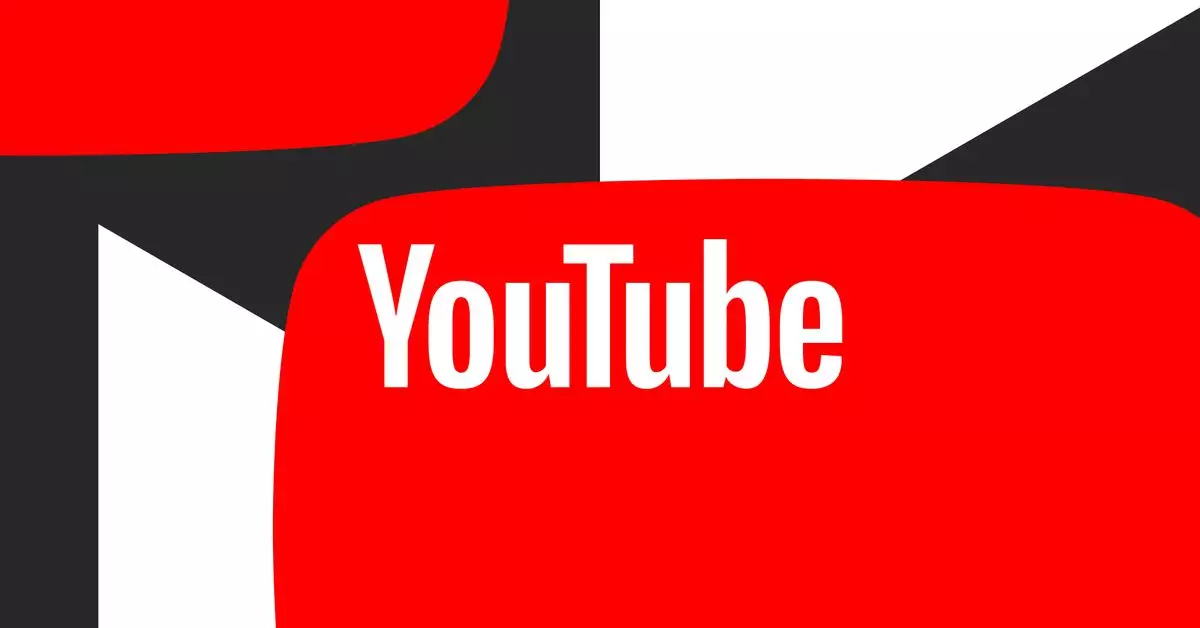YouTube, the world’s premier video-sharing platform, is continually evolving to enhance creator-audience engagement. Their latest endeavor centers on a revolutionary feature that allows creators to respond to viewer comments with audio replies. This innovative approach seeks to bridge the gap between creators and their audiences, aiming to foster deeper relationships within the YouTube community.
YouTube has embarked on this experiment with a select group of creators, testing the waters to gather insights and feedback before a wider rollout. This feature enables content creators to add a personal touch by responding to comments using their voices rather than typing out responses. The idea is intriguing; the human element can often create a stronger connection than text alone. As these creators share their thoughts vocally, it could lead to a more engaging environment where fans feel more connected to the persona behind the screen.
The mechanics are relatively straightforward. Creators participating in the trial will see a sound wave icon when replying to comments. Once selected, they can record an audio response and submit it along with their regular comments. However, it’s worth noting that, at this stage, the feature is exclusive to iOS users and restricted to responses on their own videos. This limitation could be deliberate, as YouTube might seek to monitor how this feature performs in a controlled environment before expanding its accessibility across platforms.
While the feature is designed for enhanced audience interaction, the current accessibility poses some challenges. For instance, viewers are only able to listen to audio replies via the mobile app, specifically iOS at this time. Users attempting to engage through a desktop web browser are excluded from this experience, potentially limiting the impact and reach of these audio interactions. Such restrictions could affect the overall user experience, highlighting the necessity for a seamless cross-platform application for all users to partake equally.
Viewing a response from a well-known creator like ThioJoe highlights this peculiarity. A viewer may find it frustrating to be unable to engage fully with content, especially when the creator puts forth the effort to connect in a new and personal way. Thus, as YouTube tests this feature, it must consider how best to create a universal experience that does not alienate users reliant on different platforms.
The introduction of audio replies signifies a noteworthy shift in how creators might interact with their audiences. As the platform navigates these early trials, success will depend on the feedback collected from both creators and viewers alike. If the feature proves popular, it could become a defining component of interaction on YouTube, potentially leading to further innovations that enrich user experience.
YouTube’s audio reply feature is a bold move aimed at enhancing the relational dynamics between creators and their audiences. While there are limitations in its current application, if navigated well, this experiment could usher in a new era of personalized communication within the realm of digital content creation. As YouTube progresses, the effectiveness of this feature will ultimately shape its long-term viability and expansion opportunities.

